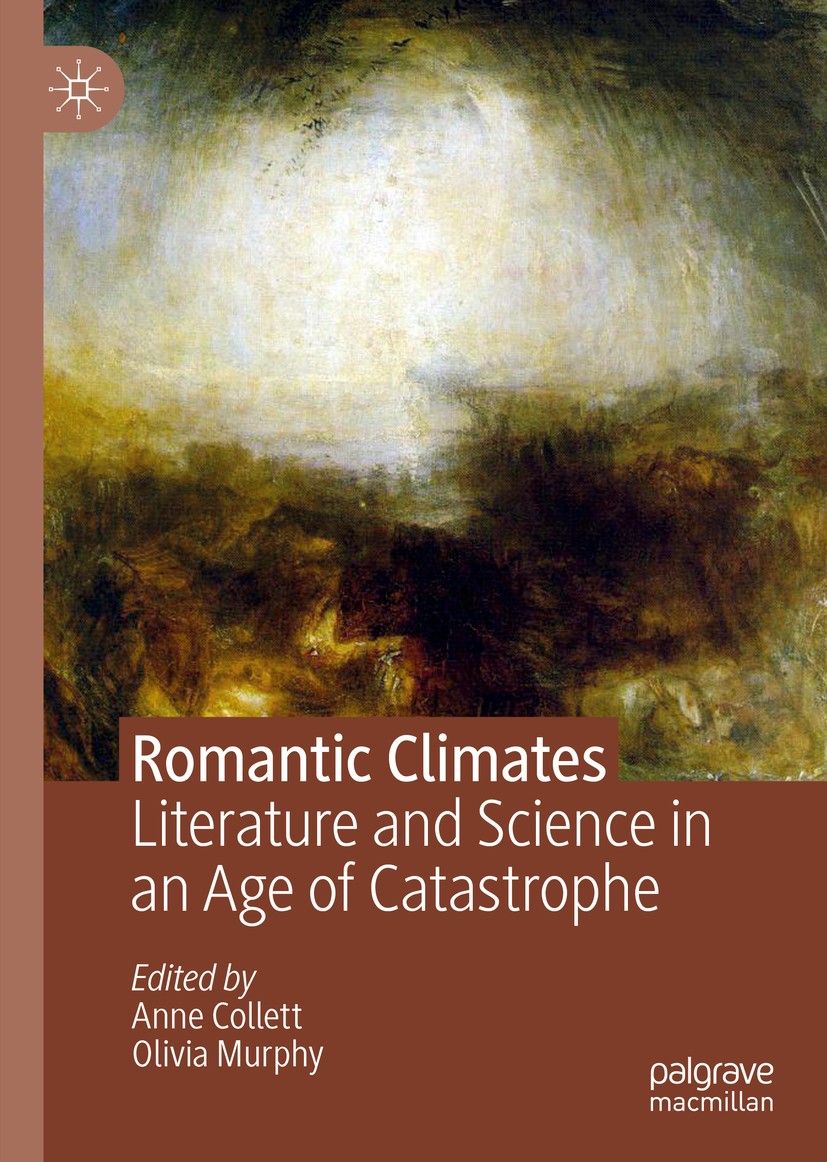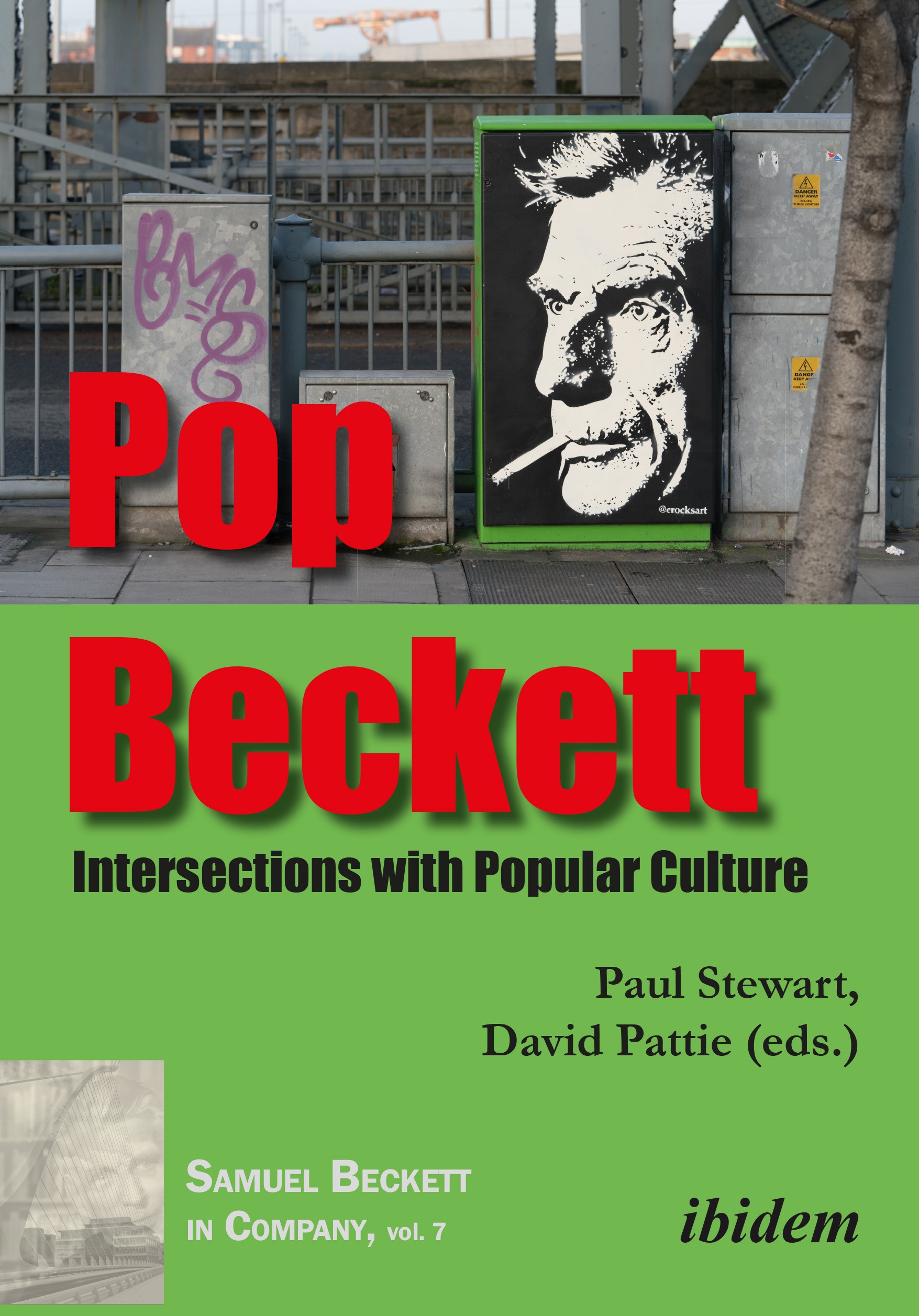Romantic climates: literature and science in an age of catastrophe
This book seeks to uncover how today’s ideas about climate and catastrophe have been formed by the thinking of Romantic poets, novelists and scientists, and how these same ideas might once more be harnessed to assist us in the new climate challenges facing us in the present.
The global climate disaster following Mt Tambora’s eruption in 1815 – the ‘Year without a Summer’ – is a starting point from which to reconsider both how the Romantics responded to the changing climates of their day, and to think about how these climatic events shaped the development of Romanticism itself.
As the contributions to this volume demonstrate, climate is an inescapable aspect of Romantic writing and thinking. Ideologies and experiences of climate inform everything from scientific writing to lyric poetry and novels. The ‘Diodati circle’ that assembled in Geneva in 1816 – Lord Byron, Percy and Mary Shelley, John Polidori and John Cam Hobhouse and the gothic novelist MG ‘Monk’ Lewis – is synonymous with the literature of that dreary, uncanny season. Essays in this collection also consider the work of Jane Austen, John Keats and William Wordsworth, along with less well-known figures such as the scientist Luke Howard, and later responses to Romantic climates by John Ruskin and Virginia Woolf.
zum Buch im ULB-Katalog
zum Buch auf der Verlags-Website
Pop Beckett: Intersections with Popular Culture
Television was the key popular medium of the second half of the twentieth century in the UK, and Beckett’s work was consistently aired by BBC, the British non-commercial TV broadcaster that had already featured his work on radio since the mid-1950s. But Beckett’s work also appeared on Independent Television (ITV), the commercially-funded British television channel set up in 1955 to rival BBC. The commercial ABC TV company made the series The Present Stage for ITV in 1966. In its feature announcing the series, the TV Times listings magazine asked “Do you really enjoy the modern play like Look Back in Anger or Waiting for Godot? A new 13-week series, The Present Stage, starts next Sunday and is designed to help you enjoy and understand modern plays.” The series was based on a popular book by John Kershaw, and alongside Beckett’s drama it dealt with plays by the dramatists Arnold Wesker, Max Frisch, Eugene Ionesco and Harold Pinter, each of which were landmarks in London theatre at the time. The series was broadcast on Sundays, following a home improvement programme, and this chapter asks what it meant for the ITV channel to screen a programme about Beckett’s drama amongst televised church services and home decor advice. The chapter places Beckett’s drama in the context of dynamic instability in British culture, when the categories of the popular and the elite were being contested, to argue that ITV’s programme contributed to a cultural revolution.
zum Buch im ULB-Katalog
zum Buch auf der Verlags-Website
Weitere Titel können Sie in unseren Neuerwerbungslisten für die Anglistik entdecken!


